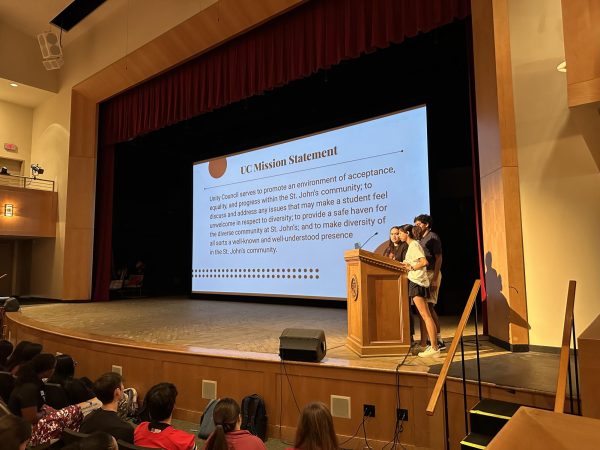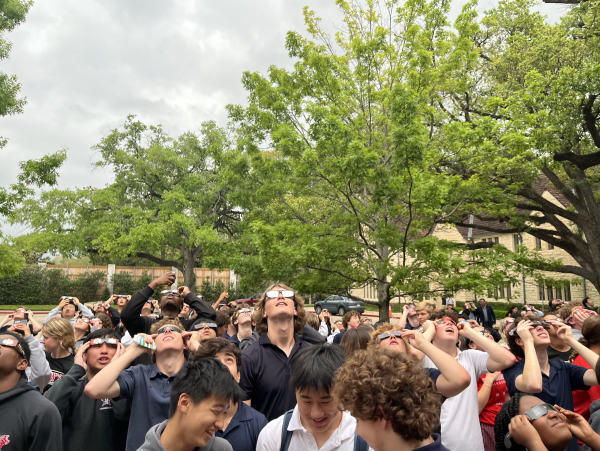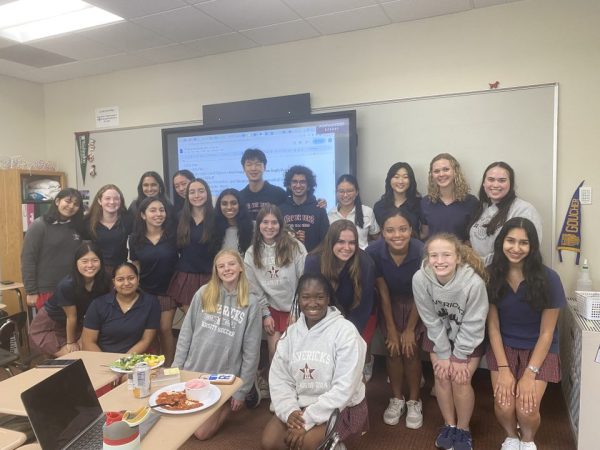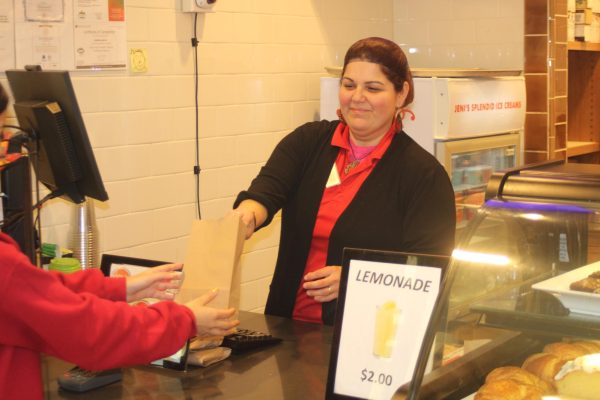Students invest in surging GameStop shares
As individual traders purchased Gamestop shares, SJS students contributed their own capital towards the movement.
February 26, 2021
During the final week of January, senior Pierce Glanville managed to multiply his initial investment by almost 20 through trading GameStop (GME) shares.
“I was amazed by the rate it was growing,” Glanville said. “By the end of that day, I had quadrupled my portfolio. This was the beginning of my involvement in GME.”
As individual traders purchased GameStop shares in an effort to collectively take on hedge funds, SJS students such as Glanville contributed their own capital towards the movement.
According to freshman Andrew Nanna, members of the Reddit community r/WallStreetBets became motivated to attack established hedge funds after learning that small traders were being thrown under the bus by these organizations.
Hedge funds sought to profit off of the depreciation of these corporations in a process known as shorting. Shorting happens when an investor borrows shares of a company and sells them immediately, hoping to pick them up later at a lower price, return them to the lender and pocket the difference.
Glanville originally purchased his GME shares at $35. After watching the stock climb to $45, he bought a call option, or a contract that gives a person the right to purchase 100 shares of a company once the shares reach a designated strike price, $49 in this case.
Senior Elijah Dahunsi, who is interested in finance, believes that most people participated as an act of defiance against the established financial institutions which dominate society.
“It’s significant not just because this is an anomaly in market behavior, but also because they’re taking a shot at the man,” Dahunsi said. “This is a protest against people who have been manipulating the market for years now.”
Senior Meridian Monthy believes that millennials and Generation Z are the most likely to hop on board for these protests, as they have a strong collective drive.
“It’s this idea of belonging to something bigger that appeals to us,” Monthy said. “Even if you don’t know anything about stocks or trading, you might think that taking down the overarching financial institutions that dominate our society is a worthy cause.”
Chief Financial Officer Greg Swan cautions that the publicity gained by successful traders creates an illusion that everyone can achieve huge financial gains through risky investments. This concept is known as survivorship bias.
“It was entertaining to watch, but at the end of the day someone’s going to be left holding the bag,” Swan said. “You hear about all these stories of people making fortunes off relatively small investments, but in reality these cases are going to be rare and inconsistent. Someone probably bought GME at a high and now they’re in trouble.”
Glanville said that although he personally left the bubble with a profit, investing in companies with temporary, unstable and artificially high valuations is generally inadvisable. He considers himself fortunate.
“What I did was gambling, and you definitely shouldn’t try it because you could lose your entire principle,” Glanville said. “It’s better to research a company, determine if it is undervalued, and simply buy normal shares.”
Monthy believes that this event reflects how Gen-Z is willing to go to great lengths to do something if they find it funny.
“I don’t know why, but our generation just seems very invested in jokes and memes,” Monthy said. “In pretty much no other point in time has the market ever been influenced so greatly in such a short time period by an oddball group of people. We’re emotionally driven, and we’re headstrong.”
Additional reporting by Louis Faillace.



























jeff • Apr 8, 2021 at 1:31 PM
I find this very interesting